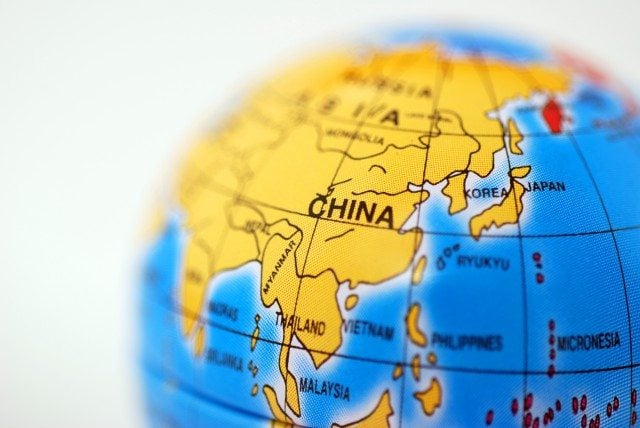PwC China marked World Health Day on April 7, 2015 by announcing the establishment of its Food Supply and Integrity Services business to help food companies, investors and governments tackle food security, safety and quality concerns.
Its Food Supply and Integrity service offering includes corporate governance, supply chain integrity, fraud prevention, traceability, crisis management, regulatory compliance, and transaction services.
The theme of this year’s campaign by the World Health Organisation is improving food safety, which PwC says is a shared responsibility that needs to be taken on by industry, government and service organisations to give people greater trust in their food.
“Enhancing trust in food is more important than ever in a climate where public confidence has been rocked by food safety failures,” says Raymund Chao, PwC China and Asia Pacific Assurance Leader and Chairman-designate.
“This problem is not unique to China or Hong Kong but is a global concern, as evidenced by recent scandals.”
Traditionally, food safety problems have been caused by pesticide and veterinary drug residues, heavy metals, and bacterial contamination introduced during production or processing.
These can be prevented and controlled by reasonable application of the appropriate food safety system and standards such as good manufacturing practices and hazard analysis and critical control points.
Intentional contamination, deliberate tampering, longer supply chains, a complex business environment and corruption are now the most common causes of food safety failures in China and abroad.
These new challenges call for new solutions where traditional food safety standards may not be effective.
PwC China is offering its Food Supply and Integrity Services through a strategic alliance with AsureQuality, a New Zealand Government owned food safety and biosecurity company.
“By combining PwC’s in-depth assurance and business advisory capabilities, with AQ’s deep industry and food safety technical knowledge, we aim to provide the market with solutions that enhance value through brand building and margin improvement while safeguarding safety and quality in a sustainable manner.” said Dean Nikora, group director, Global Food Trust Alliance of AsureQuality Singapore Pte Ltd.
“Governments and food companies are being challenged like never before as basic fundamentals of trade and food supply are transformed. Globalisation, complex supply chains and the competitive environment are creating food safety and quality risks on an industrial scale.” said Chao.
“It’s a growing problem of risk that we’re seeing across industries, but unfortunately food is an area where failures can be fatal.”
“The nature of today’s complex supply chains means a more strategic and innovative approach is needed to improve food trust,” says Shirley Xie, PwC China assurance markets leader.
“Best practice companies are transforming their approach to ensure they have more control and visibility over their supply chains from the farm to the supermarket shelf.”
“They’re investing in technological solutions to improve inventory management, traceability and recall management, focusing on food safety culture and going well beyond compliance to improve standards,” she says.
Last November, PwC China, PwC New Zealand and AsureQuality, signed a cooperation framework agreement with COFCO, where the three companies develop an integrated food safety and quality framework to assist COFCO.
The agreement is the first step in a plan to bring China’s food safety to a new level.










